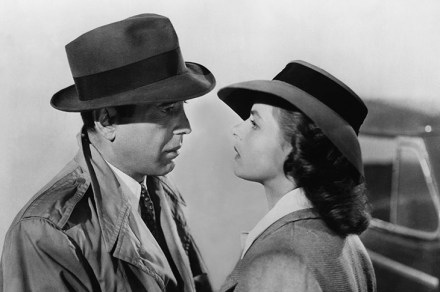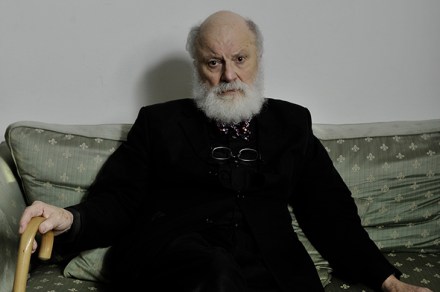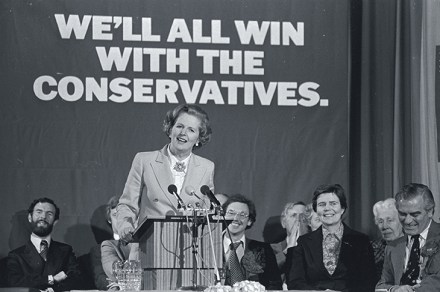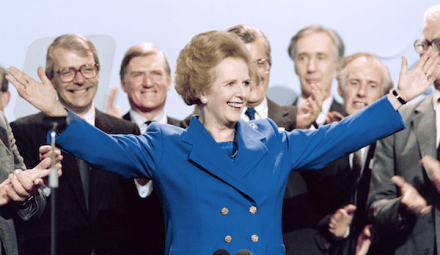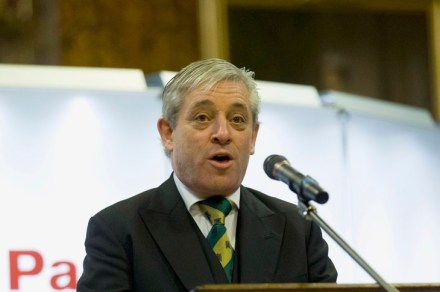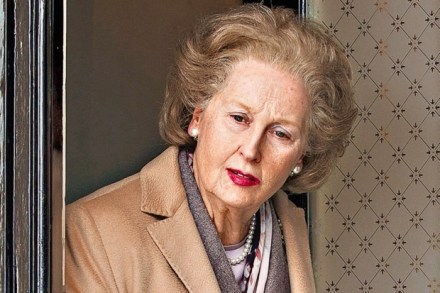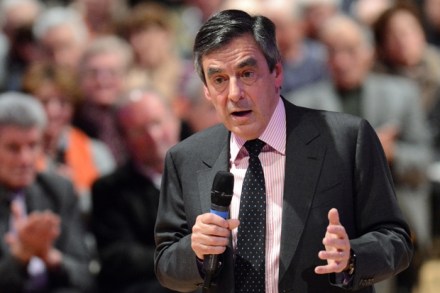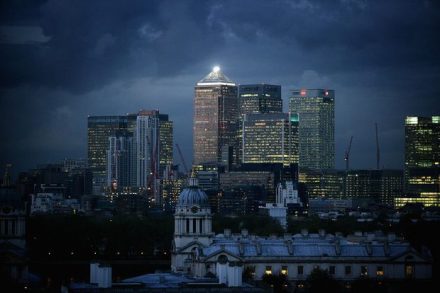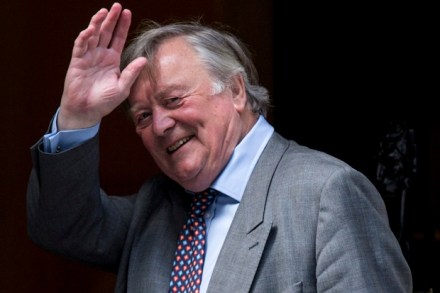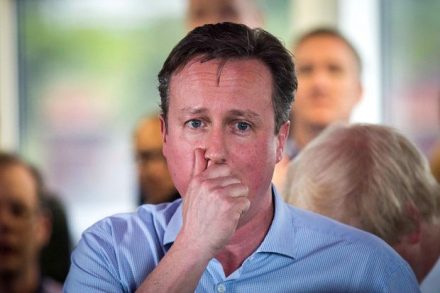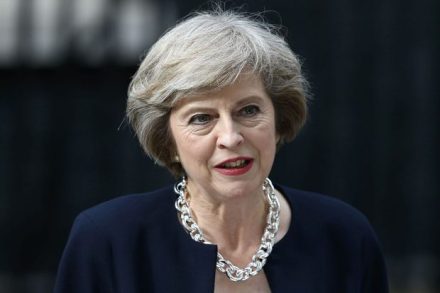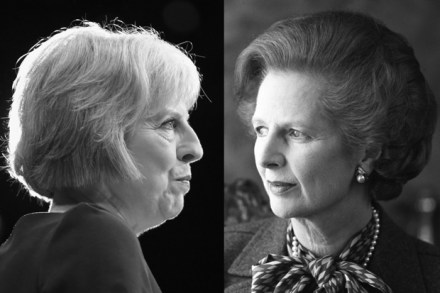Why didn’t Cameron realise the ‘strength of feeling’ about Brexit?
In his memoirs, David Cameron admits that he ‘did not fully appreciate the strength of feeling’ in favour of Brexit, before and during the referendum. The fascinating question is, ‘Why?’ The issue of Europe had been dividing his party from at least 1988 (and had earlier roots). It was part of his modernisation not to ‘bang on’ about Europe, but this was an evasion, not a policy. If a leader does not address a vital question, others will, if he gives them the chance. You cross a windswept plaza, go down a steepish stair and then descend three floors below the ground. You are entering the astonishing, 21st-century Museum of



